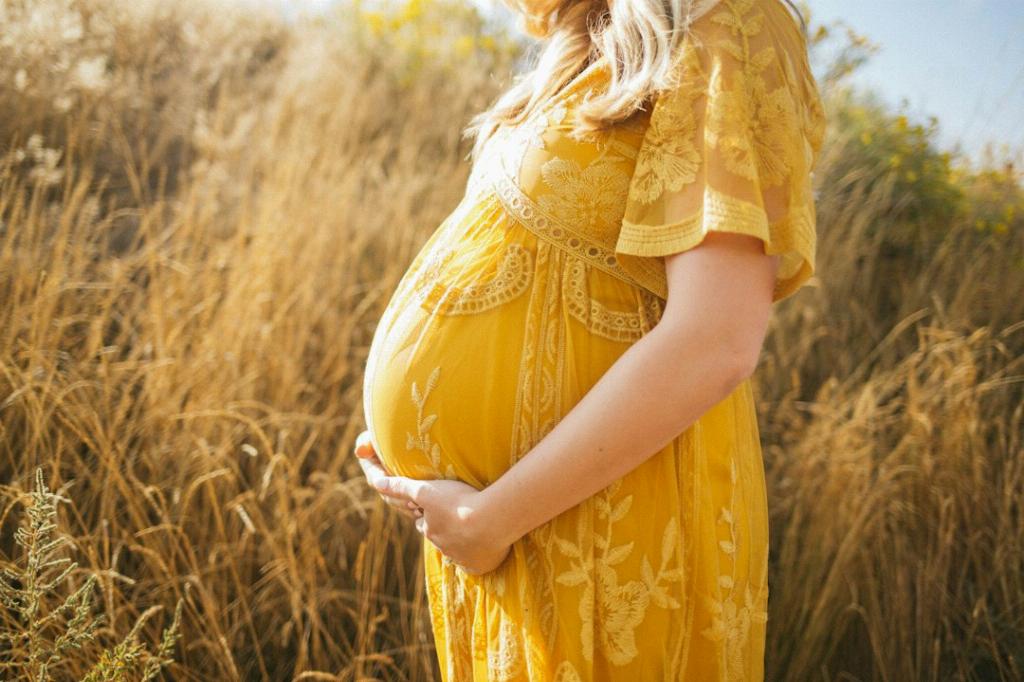Alcohol consumption during pregnancy is a controversial topic that varies significantly across different cultures and countries. The prevalence of drinking while pregnant is influenced by a multitude of factors, including societal norms, government regulations, and educational campaigns.
High Alcohol Consumption Rates During Pregnancy
According to recent data, countries such as the UK, Russia, and Switzerland have reported high rates of alcohol consumption during pregnancy. In the UK, nearly 28.5% of women reported drinking while pregnant, indicating a concerning trend in societal behavior.
Factors Influencing Alcohol Consumption
Various factors contribute to the prevalence of alcohol consumption during pregnancy, including cultural attitudes towards drinking, the availability of alcohol, and the lack of awareness about the dangers of prenatal alcohol exposure.
Low Alcohol Consumption Rates During Pregnancy
Conversely, countries like Norway, Sweden, and Poland have reported significantly lower rates of alcohol consumption during pregnancy. Norway, for example, reported only 4.1% of women drinking while pregnant, reflecting a culture that prioritizes maternal and fetal health.
Societal Norms and Expectations
Societal norms and expectations play a crucial role in shaping behaviors related to alcohol consumption during pregnancy. In countries where drinking is socially acceptable and even encouraged, women may be more likely to consume alcohol during pregnancy.
Government Regulations and Policies
The implementation of government regulations and policies regarding alcohol consumption during pregnancy can also significantly impact cultural attitudes towards drinking while pregnant. Countries with strict alcohol policies tend to have lower rates of prenatal alcohol exposure.
Educational Campaigns and Awareness
Educational campaigns and initiatives aiming to raise awareness about the risks of drinking during pregnancy can help reduce the prevalence of alcohol consumption among pregnant women. In countries where such campaigns are robust, women are more likely to abstain from alcohol during pregnancy.
Health Implications of Prenatal Alcohol Exposure
Prenatal alcohol exposure can have severe health implications for both the mother and the developing fetus. From increased risk of miscarriage and stillbirth to fetal alcohol spectrum disorders, the consequences of drinking while pregnant are significant.
Cultural Differences in Attitudes Towards Alcohol
Cultural differences in attitudes towards alcohol can shape behaviors related to drinking during pregnancy. In cultures where alcohol is deeply ingrained in social gatherings and traditions, women may face more significant pressure to drink during pregnancy.
Changing Cultural Norms
Efforts to change cultural norms and attitudes towards alcohol consumption during pregnancy are essential for promoting healthier behaviors among pregnant women. By challenging societal expectations and promoting a culture of sobriety during pregnancy, significant progress can be made.
Support Systems and Resources
Providing pregnant women with adequate support systems and resources can help reduce the prevalence of alcohol consumption during pregnancy. Access to healthcare professionals, counseling services, and educational materials can empower women to make informed decisions about their alcohol intake.
Conclusion: The Intersection of Culture and Prenatal Alcohol Consumption
In conclusion, the relationship between culture and alcohol consumption during pregnancy is complex and multifaceted. By understanding the impact of societal norms, government policies, and awareness campaigns, we can work towards creating a culture that prioritizes the health and well-being of pregnant women and their unborn children.

